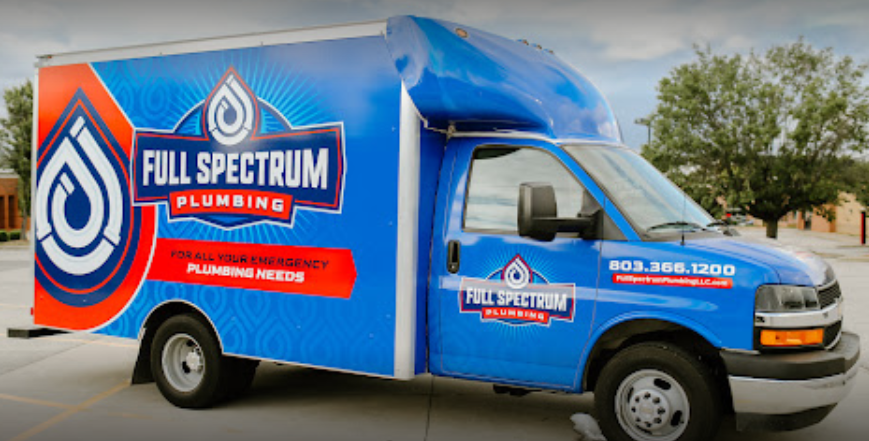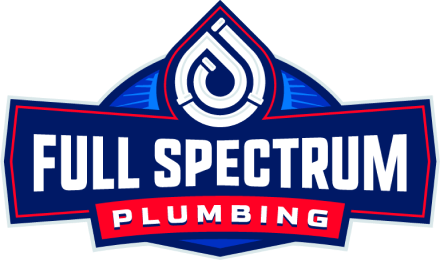3 Things To Try To Unclog A Drain Before Calling A Plumber
Applying "First-Aid" Plumbing Techniques
As a homeowner, clogged drains are an all-too-common occurrence. You've likely had to deal with this issue at least once in your time. Whether it's in the kitchen sink, bathroom shower, or toilet, a clogged drain can be a frustrating and inconvenient problem to deal with.
While calling a plumber may be the first thing that comes to mind, there are a few things that you can try to unclog the drain before resorting to professional help. You can try using these three things to unclog a drain before calling a plumber.
1. Wire Hanger
A wire hanger is a simple tool that can be used to break up and dislodge blockages in the drain. Here's how to use a wire hanger to unclog a drain:
- Straighten the wire hanger and bend one end into a hook shape.
- Insert the hook end into the drain and fish around for any obstructions.
- Once you've come into contact with the blockage, gently wiggle and pull the wire hanger to break it up.
- Once you've broken up the blockage, run hot water down the drain to flush away any remaining debris.
It's important to note that a wire hanger should only be used on drains that are easily accessible. If your drain is located in a hard-to-reach area, attempting to use a wire hanger to unclog it could cause damage to the pipes.
2. Plunger
A plunger is a tried-and-true method of unclogging drains that many homeowners swear by.
Here's how to use a plunger to unclog a drain:
- Fill a sink or bathtub with a few inches of water.
- Place the plunger over the drain and push down firmly to create a seal.
- Push and pull the plunger up and down vigorously to create suction and dislodge the blockage.
- Once the blockage has been cleared, remove the plunger and run hot water down the drain to flush away any remaining debris.
It's important to note that there are different types of plungers for different types of drains. For example, a toilet plunger is designed specifically for unclogging a toilet and may not be effective for other types of drains.
3. Boiling Water
Boiling water is a simple and effective way to unclog a drain that is caused by a buildup of grease or soap scum. Here's how to use boiling water to unclog a drain:
- Boil a pot of water on the stove.
- Carefully pour the boiling water down the drain in two or three stages, allowing each stage to work its way through the clog before adding more.
- Once the boiling water has passed through the drain, run hot water down the drain to flush away any remaining debris.
It's important to note that boiling water should only be used on drains that are made of metal or PVC plastic. If your drain is made of other materials, such as porcelain, using boiling water may cause damage.
What are some ways to prevent plumbing emergencies?
Being cautious about what you put into your drains is the most effective measure you can take to prevent a plumbing emergency from occurring in your home. Aside from that, maintenance is the most important thing. It is a good idea to periodically clear up drains and to keep an eye on exposed plumbing fixtures. Both of these things should be done.
Examine the surface of the object for any mineral deposits or discoloration that may indicate that something is wrong. Pipe fittings will frequently give you some kind of warning before they become a significant issue if you pay attention to them.
The water heater in your home is another potential source of plumbing issues. The anode rod should be replaced every few years and you should familiarize yourself with how to clean it out once a year.
Unless you have extensive experience with the procedure, working with anode rods is something that you should probably leave to a plumber. Avoiding costly repairs by regularly maintaining your water heater can be much more cost-efficient than waiting for it to break down and needing to hire a plumber later. Taking preventive action is usually more affordable in the long term.
If your sump pump breaks down, your basement could sustain significant damage. Perform inspections on the system at regular intervals. Always double-check the status of the backup battery, and be sure to maintain it charged. In addition to this, make sure that the hose used for the discharge is never clogged with anything.
Spend some time familiarizing yourself with the layout of the system so that you can locate all of the water shut-off valves. If you can turn off the water supply promptly, having this information will not prevent a water leak from occurring; however, it will significantly reduce the amount of damage that will result from it.
What Are The Most Typical Plumbing Blunders Made By DIYers?
The assumption that one is unable to perform even the most basic plumbing repairs on their own is, perhaps, the most widespread misconception. If you want to rely less on your plumber, doing a little bit of research can go a long way toward achieving that goal. Always err on the side of caution, but you might be astonished at what you're capable of doing despite this.
Most common tactical plumbing faults typically consisted of straightforward omissions. The most common mistakes are over-tightening fittings, using the incorrect pipe adhesive, and accidentally crossing fitting threads.
Take your time, make sure the water supply is turned off in the area where you are working, and have patience with yourself. This is the best tip I can give. Keep in mind that plumbers spend years honing their art before they can call themselves professionals. It's possible that you won't instantly become an expert.
While a clogged drain can be a frustrating problem to deal with, there are a few things you can try before calling a plumber. Using a wire hanger, plunger, or boiling water is a simple and effective method of unclogging drains that can save you time and money in the long run. However, if these methods don't work, it's important to call a plumber before the problem worsens and potentially causes damage to your plumbing system.
At Full Spectrum Plumbing Services, we value our customers and prioritize their safety. We go above and beyond to ensure that your plumbing needs are taken care of quickly, effectively, and with the utmost attention to detail. No matter how big or small the job is, our experienced professionals will be there to help you get things back in working order.
Get in touch with us today for more info!



























